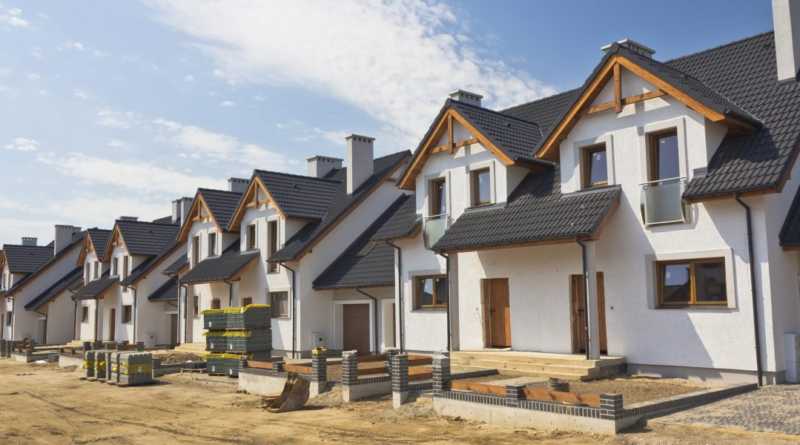Will there be a 'double-dip recession' in the housing market? Top economist Ali Wolf is 'watching closely'
Just days into 2023, homebuilders across the country saw a noticeable uptick in demand, as price-sensitive buyers sought relief from last year’s mortgage rate shock. The combination of builders’ price adjustments—which were substantial in Western markets like Salt Lake City and Boise—and aggressive incentives, like mortgage rate buydowns, were just enough to pull buyers back into the new home market.
At the halfway mark for 2023, that new construction improvement seems to be sticking. At least for now.
“Objectively, the housing recession in the new-home space is over. Home sales are rising, [housing] starts are rising, and home prices are rising again,” Ali Wolf, chief economist at Zonda, recently told Fortune.
Indeed, new home sales in May were up 20% on a year-over-year basis. The May new home sales figure tied the single highest monthly reading between 2010 and 2019. Leading indicators like homebuilder confidence are also on the upswing.
However, just because homebuilders have escaped the housing market recession, doesn’t mean they can’t slip back into it.
“The big question is,” Wolf asks, “is that it? Are we back in growth mode from here? I’m not so sure it is a straight line up. There are still broader economic concerns that could impact housing demand, including potential turmoil following the Federal Reserve’s restrictive policy, a significant pullback in consumer spending, or even the fallout from the commercial real estate sector. We are watching closely to see if there’s a double-dip recession in housing or if demographic-supported demand is enough to withstand wider issues.”
There are two primary headwinds facing builders: Affordability and history.
While builders have made affordability improvements through a combination of price cuts and incentives, affordability still remains strained. That’ll happen when mortgage rates double right after a historic overheating in home price growth between 2020 and 2022. If the economy were to weaken and existing/resale inventory were to grow, builders could once again find themselves in a so-called housing recession.
The second headwind here is simply economic history. The Federal Reserve is amidst its fastest rate hiking campaign in over 40 years. Historically speaking, Fed inflation-fighting campaigns usually conclude with a full-blown U.S. recession.
Back in January, Fed board governor Christopher Waller said there’s about a nine to 12-month lag between a Federal Reserve policy move and its impact on the broader economy. The first Fed hike (March 2022) was 16 months ago, while the most recent hike (May 2022) was just two months ago. That’s why some economists aren’t ready to declare victory just yet.

